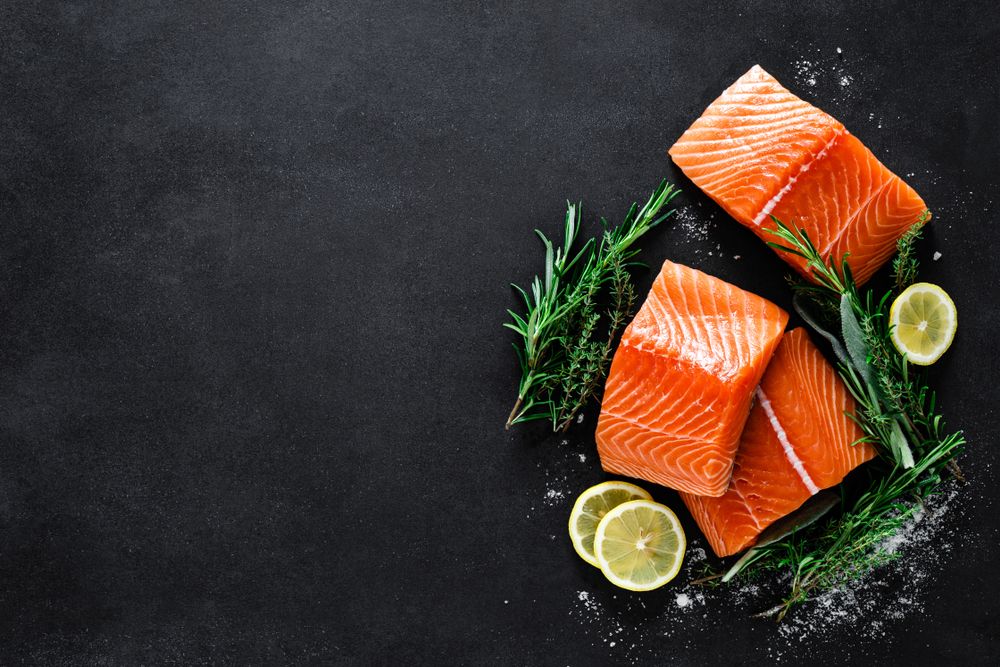Dealing with the often agonizing challenges of shedding excess weight or body fat can lead many individuals to explore "quick fixes" available on the market, such as weight loss pills or belly fat teas. Regrettably, these products not only fail to yield long-term results but can also pose health risks.
Contrary to the notion that weight loss requires eliminating numerous foods from your diet, it's frequently the foods you add that make the most significant impact. One of the most effective strategies for weight loss involves enriching your diet with wholesome, nutrient-rich foods. Some of these are often referred to as "fat-burning foods" due to their beneficial nutrients and contributions to overall health. These natural options far surpass any quick-fix diet products available for purchase.
Before diving into our list of these foods, it's vital to grasp the concept of "fat-burning food." No single food possesses the ability to independently incinerate fat. Rather, it's about adopting a healthy lifestyle and incorporating nutritious foods into your daily routine.
Amy Goodson, MS, RD, CSSD, LD, emphasizes this point: "It's essential to understand that while certain foods may modestly enhance metabolism or support weight management, they are not standalone magic solutions. To achieve fat loss, a combination of a healthy diet, regular exercise, and other lifestyle factors is indispensable."
The following selection of fat-burning foods contains specific nutrients backed by research for their potential to assist in fat loss and overall weight management. It's crucial to note that these foods won't miraculously melt away body fat on their own. However, when integrated into a balanced diet, they can play a constructive role in helping you attain your weight loss goals. Keep reading to learn more.
1) Salmon:
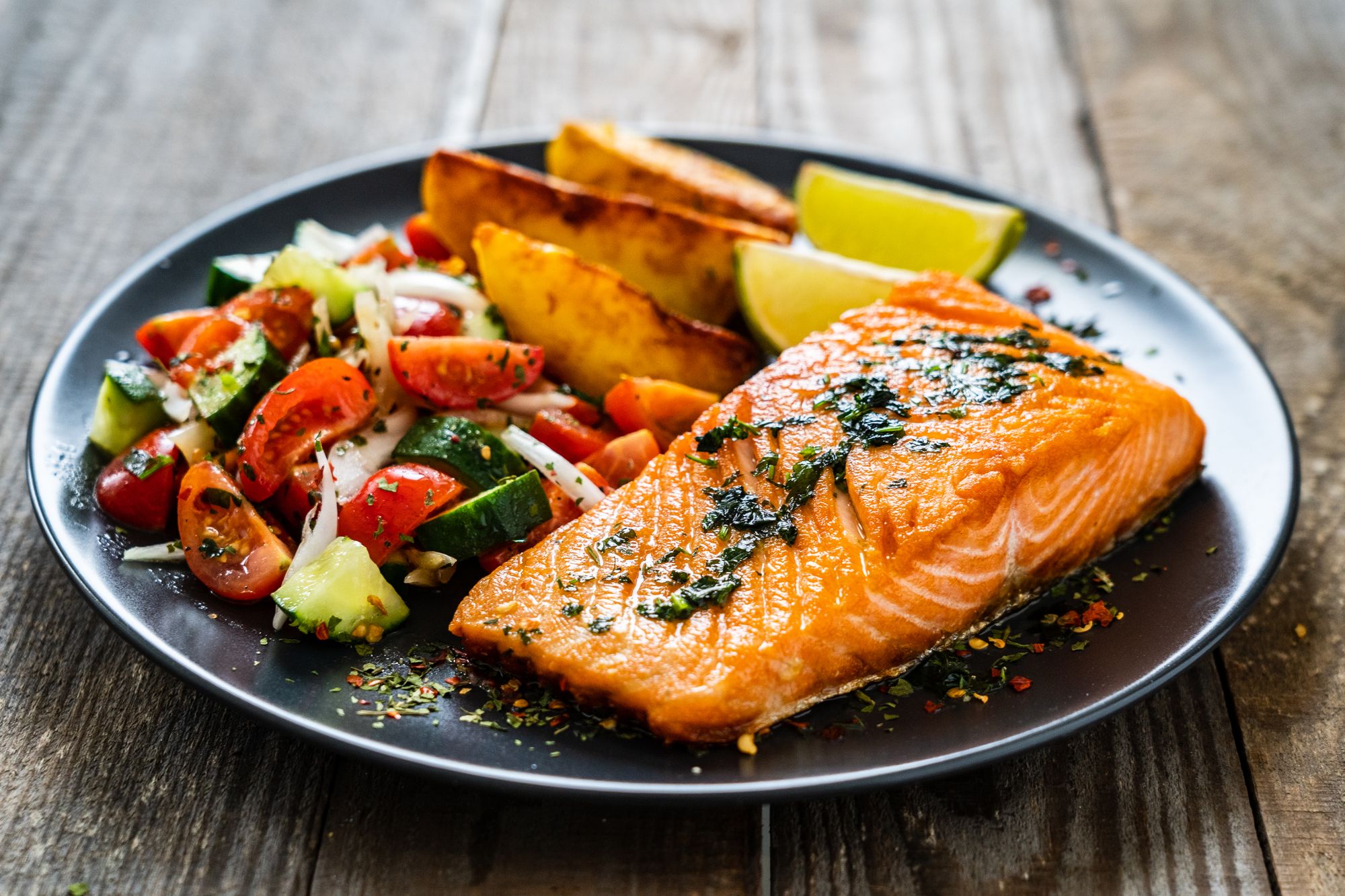
Salmon is an excellent source of lean protein, containing around 17 grams per serving. Protein plays a crucial role in achieving fat loss goals because it enhances satiety and has a high thermic effect, requiring more energy for digestion. Additionally, salmon is rich in omega-3 fatty acids, particularly eicosapentaenoic acid (EPA) and docosahexaenoic acid (DHA), which possess anti-inflammatory properties. These fatty acids can also influence fat metabolism, potentially aiding in weight management. Research suggests that omega-3 supplementation can increase resting metabolic rate in adults.
2) Turkey:
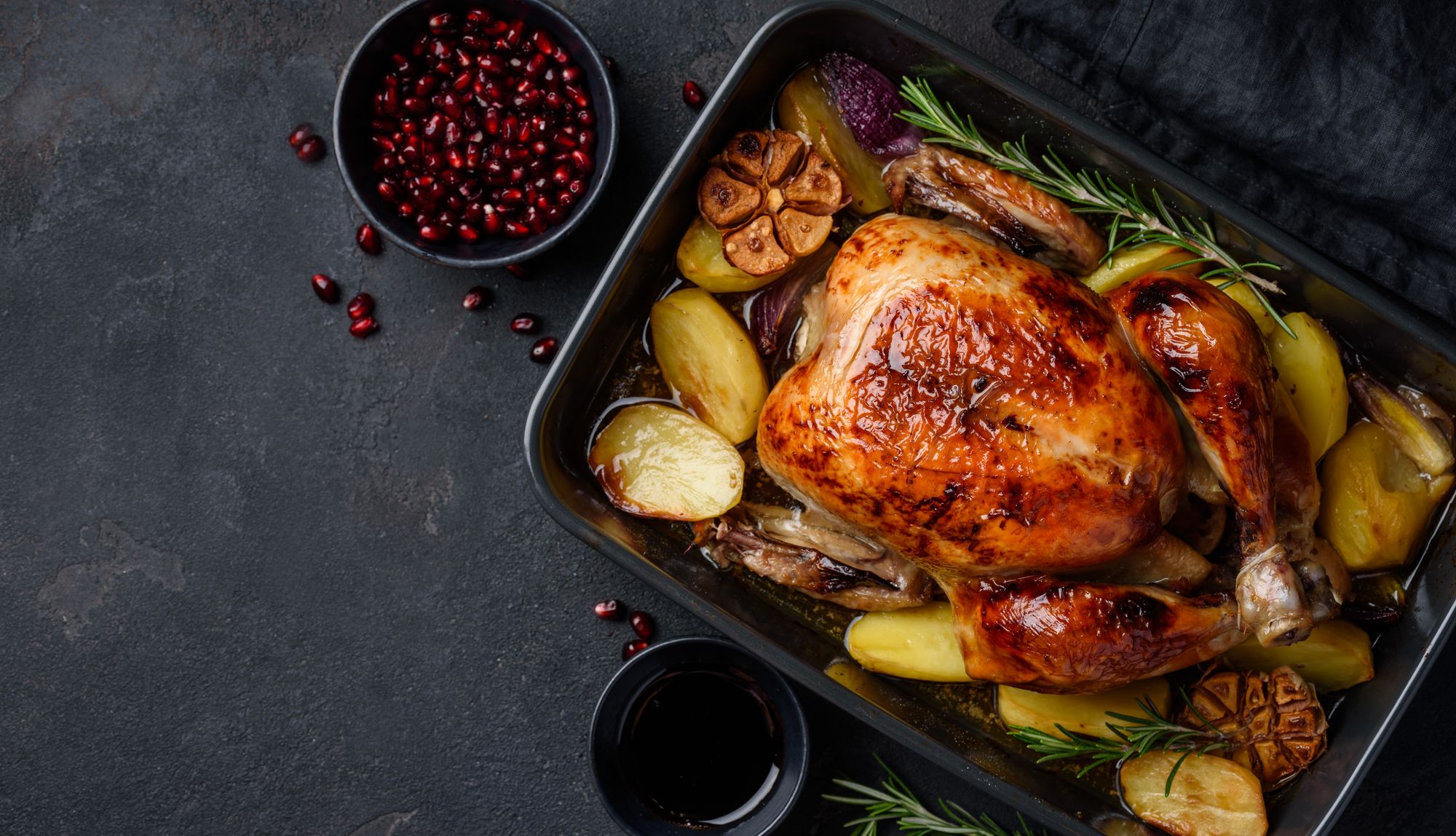
High-protein foods like turkey can significantly support fat burning. Protein has a high thermic effect, meaning it burns more calories during digestion compared to fats and carbohydrates. Furthermore, a diet rich in protein can enhance the feeling of fullness, leading to reduced calorie intake and weight loss. A three-ounce serving of turkey breast provides approximately 24 grams of protein and less than seven grams of fat, making it an ideal choice for those seeking to shed excess fat.
3)Chili Peppers:
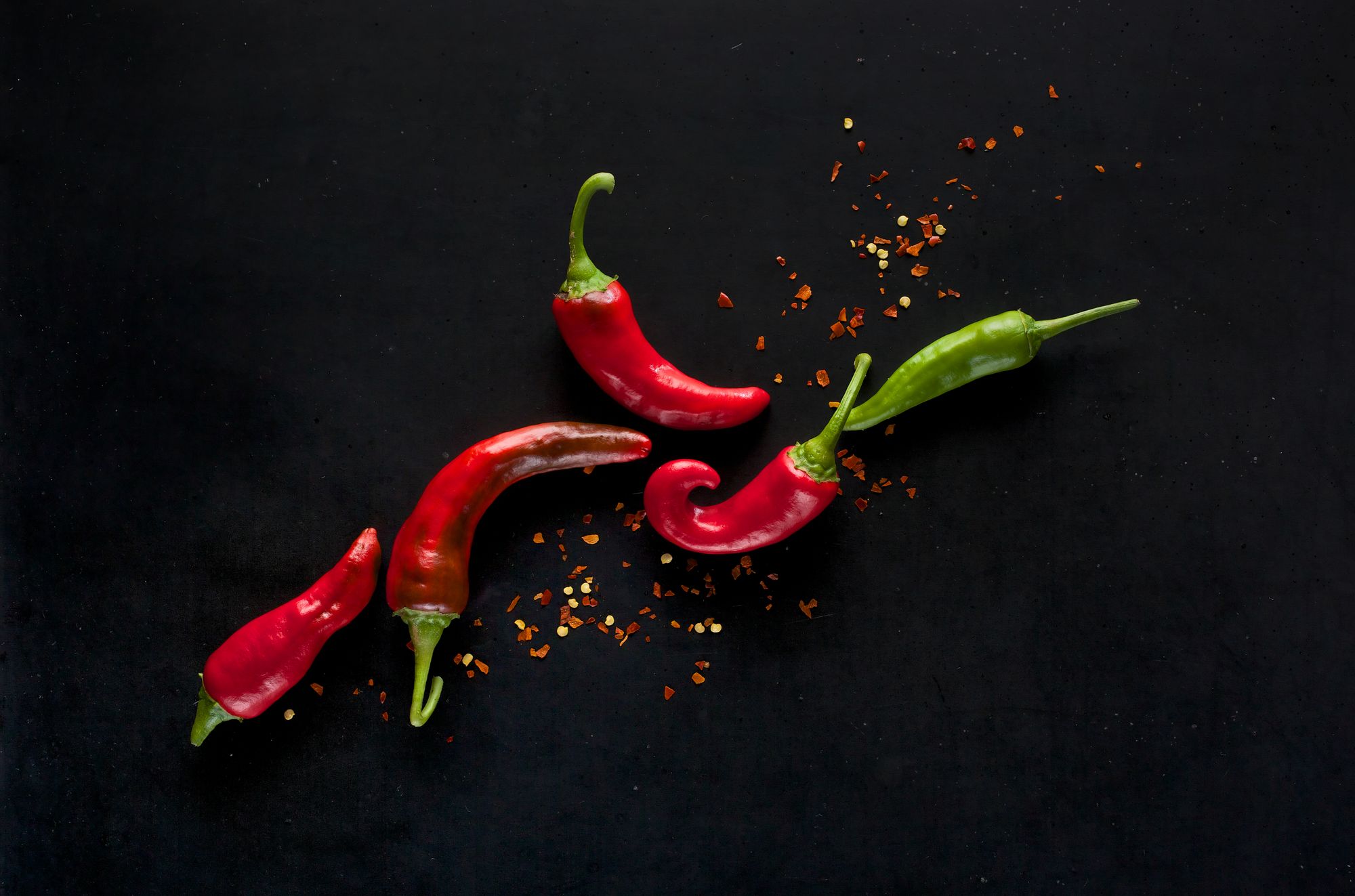
Chili peppers contain capsaicin, a compound that can temporarily increase metabolism by promoting thermogenesis, the process of heat production in the body. While the metabolic boost may be relatively small, consistent consumption of capsaicin-rich foods can contribute to fat loss over time. Moreover, capsaicin has been linked to reduced appetite, potentially leading to fewer calories consumed, aiding in weight management.
4) Cinnamon:
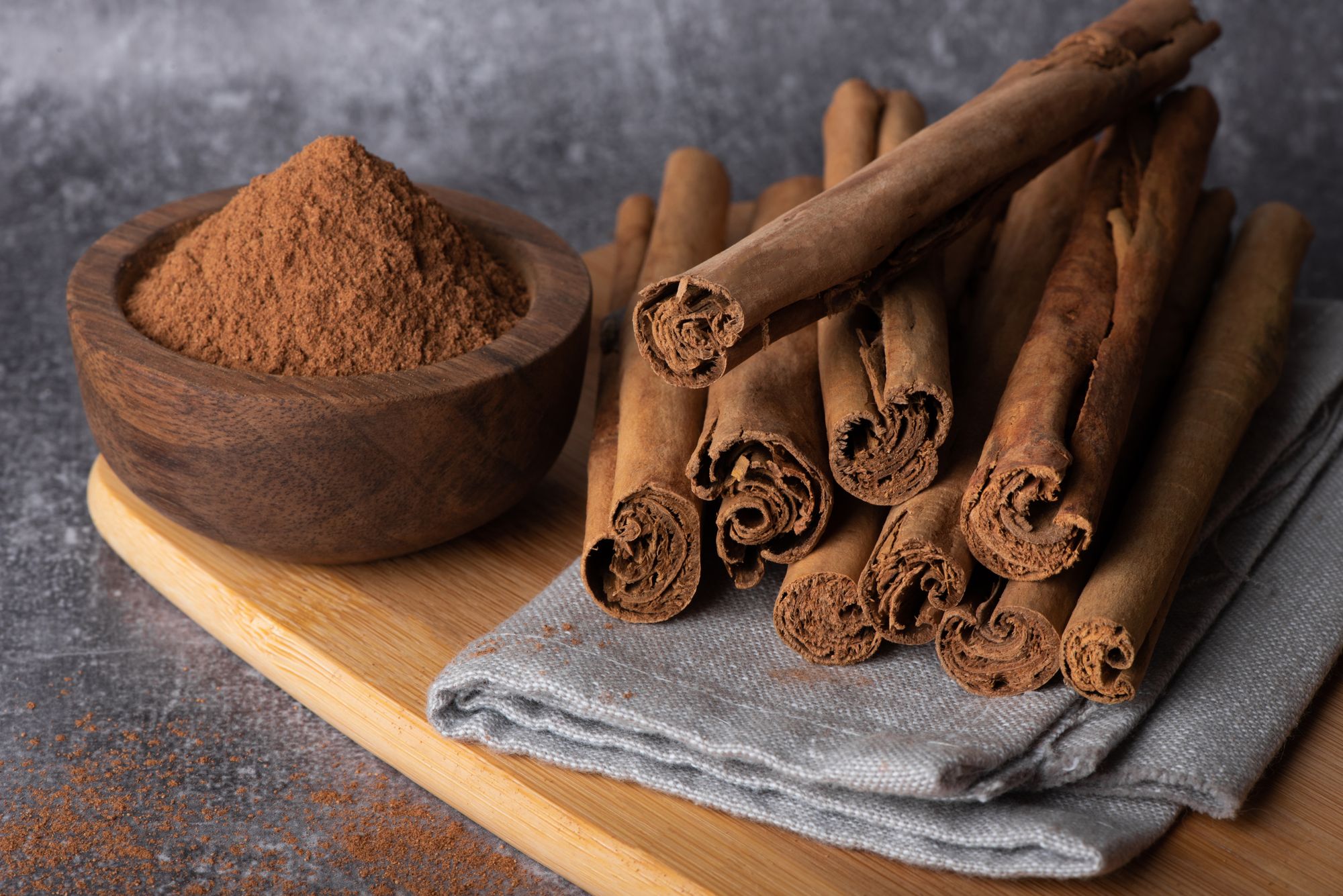
Cinnamon is not only a flavorful spice but also a valuable aid in fat loss through its impact on blood sugar management. It has been suggested to regulate blood sugar levels and improve insulin sensitivity. Stable blood sugar levels can help reduce cravings and overeating, supporting weight management. Cinnamon contains cinnamaldehyde, a compound that imparts its distinctive flavor and has been associated with fat loss. Studies on mice and humans have shown that cinnamaldehyde consumption can lead to fat loss and reduced abdominal fat.
5) Black Beans:
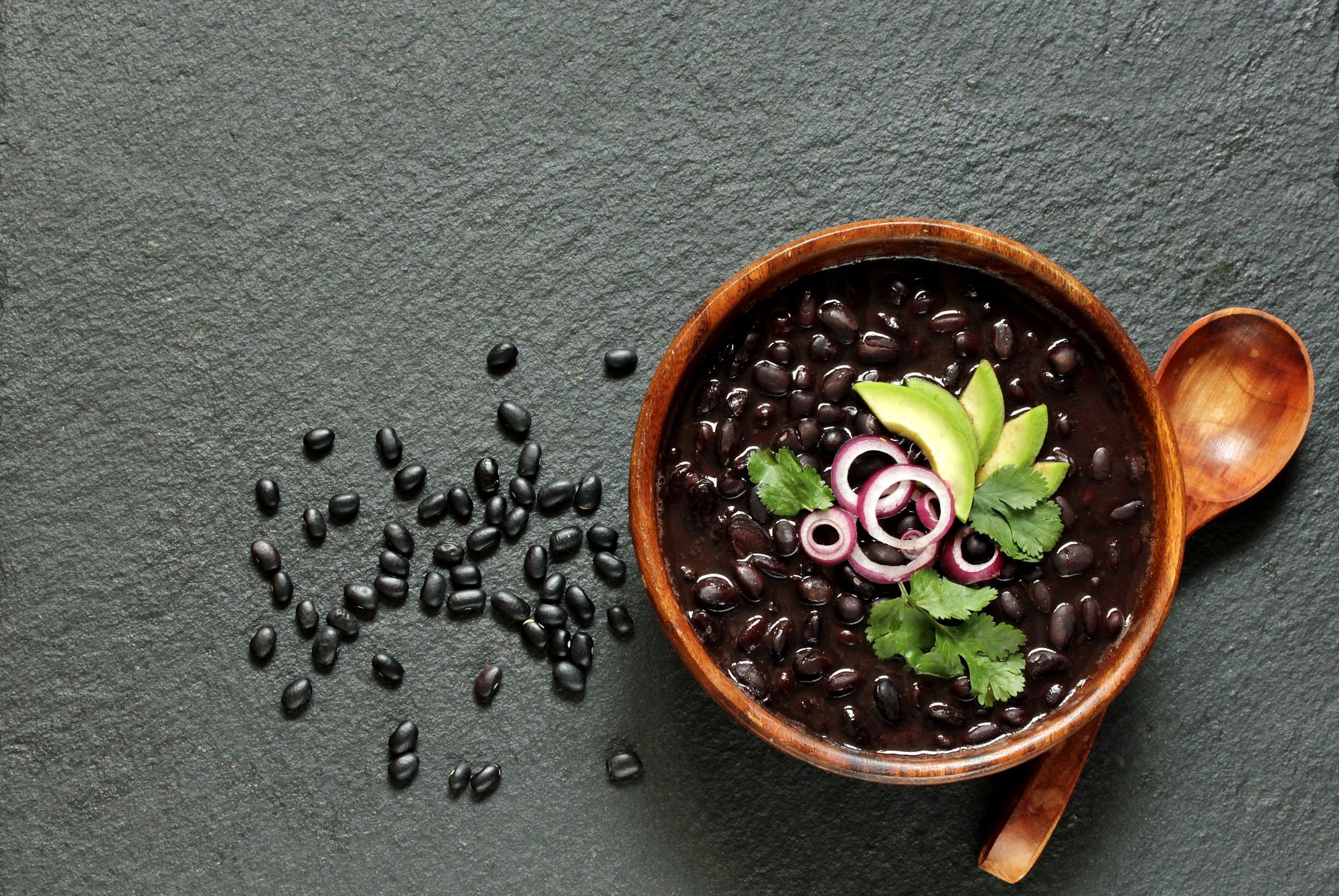
Black beans are a nutritional powerhouse, providing 15 grams of both fiber and protein per cup. Fiber plays a crucial role in weight loss by enhancing satiety, reducing overall calorie intake, and improving gut health. Increasing daily fiber intake has been linked to a decrease in waist circumference, as demonstrated in studies, making black beans an excellent addition to a fat-burning diet.
6) Eggs:
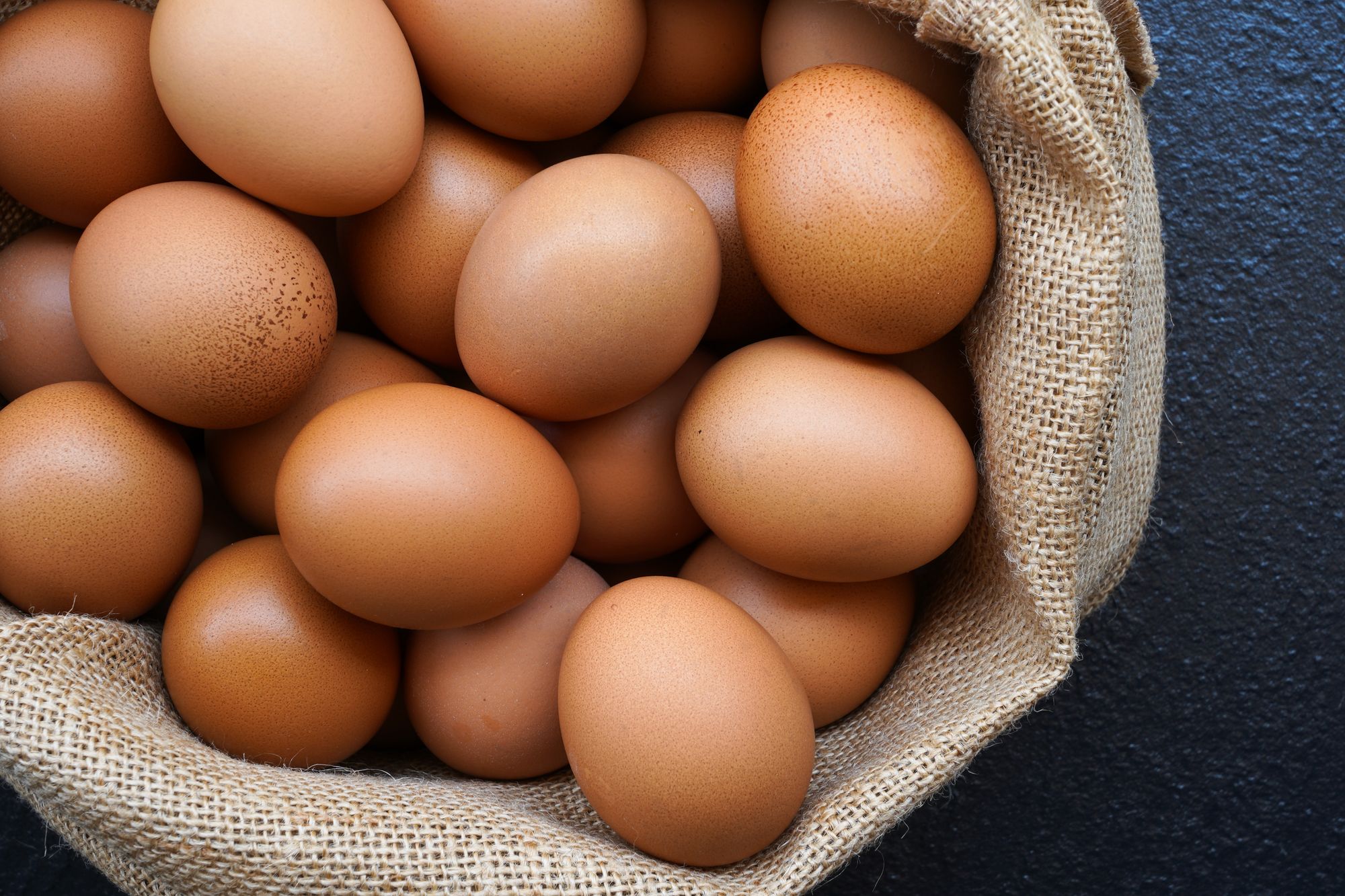
Eggs are a nutrient-dense food, rich in high-quality protein and essential nutrients. Choline, a nutrient found in eggs, plays a vital role in fat metabolism. Additionally, the protein content in eggs contributes to a feeling of fullness, reducing the likelihood of overeating throughout the day. High-protein foods like eggs also have a high thermic effect, requiring more energy for digestion, which can support a slight increase in calorie expenditure. Research indicates that participants who consumed eggs for breakfast experienced reduced hunger after breakfast and consumed fewer calories throughout the day compared to those who ate a bagel.
7) Chicken:

Chicken is another high-protein option that can boost metabolism and promote fullness. Lean proteins, like chicken, require more energy for digestion, making them an efficient choice for fat loss. One study found that incorporating poultry into a vegetable-heavy diet helped decrease the risk of weight gain or obesity, highlighting the positive impact of chicken on weight management.
8) Berries:

Berries, including blueberries, strawberries, and blackberries, are low in calories and high in fiber. Their fiber content helps control hunger and stabilize blood sugar levels, making them effective for weight management. The antioxidants in berries combat oxidative stress, potentially enhancing the body's ability to burn fat and promoting overall well-being. Research has shown that wild blueberries can help accelerate fat oxidation and fat burning in active males.
9) Oatmeal:
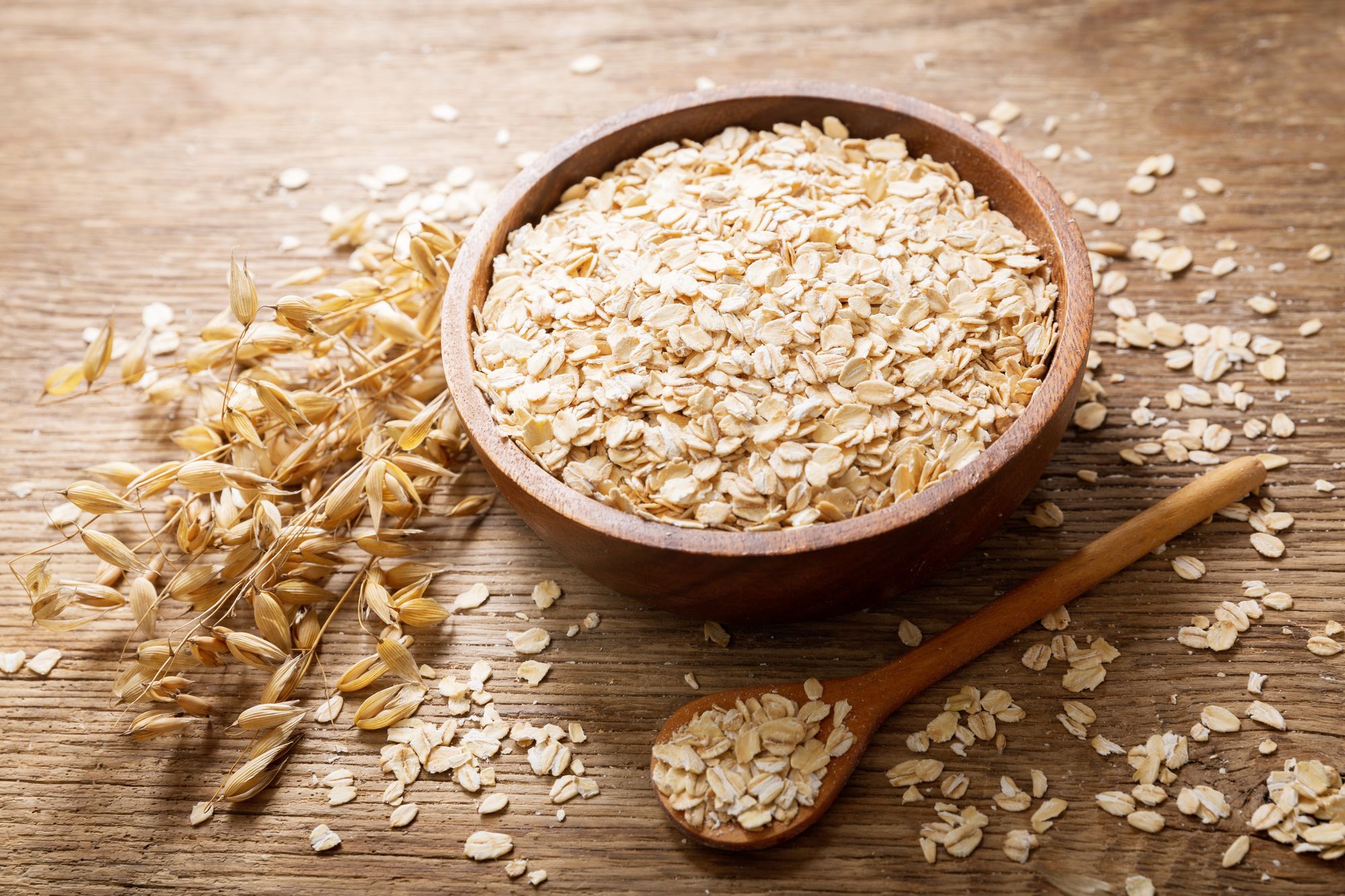
Oats are nutrient-rich whole grains that provide fiber, carbohydrates, and protein. Oatmeal is a complex carbohydrate that offers sustained energy and helps maintain a feeling of fullness, preventing overeating. Complex carbohydrates like those found in oats release energy gradually, sustaining energy levels and reducing sudden hunger pangs that can lead to overeating and weight gain. Studies have associated the consumption of whole grains like oats with weight loss and decreased BMI, primarily due to their high fiber content.
10) Avocado:
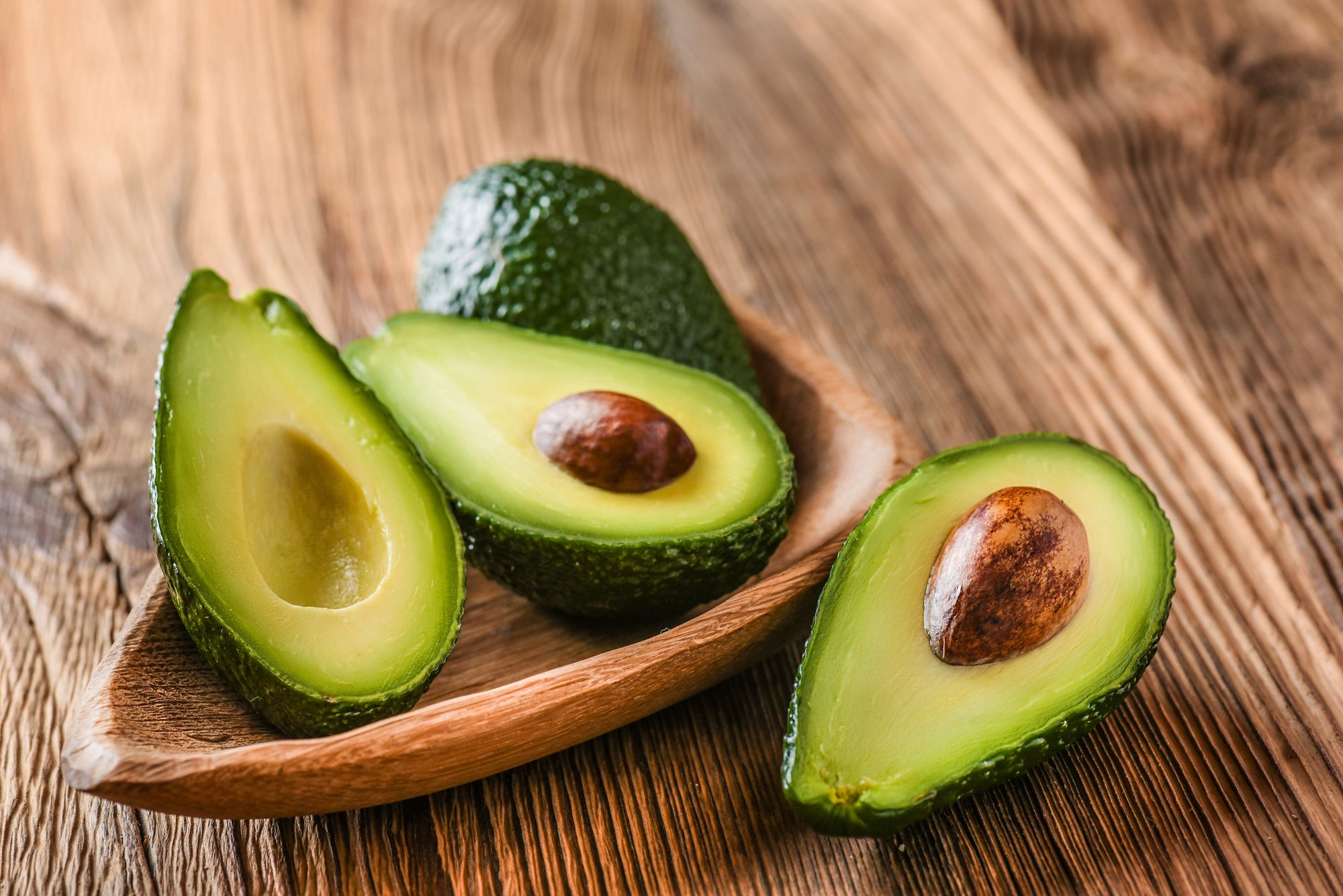
Avocado is renowned for its rich content of healthy fats and fiber. The combination of monounsaturated fats and fiber in avocados promotes feelings of fullness, reducing the consumption of less healthy, high-calorie foods. Some studies have linked avocado consumption to weight maintenance and preventing excess body fat. Monounsaturated fats, the primary type of fat found in avocados, have been shown to help prevent excess body fat.
11) Nuts:
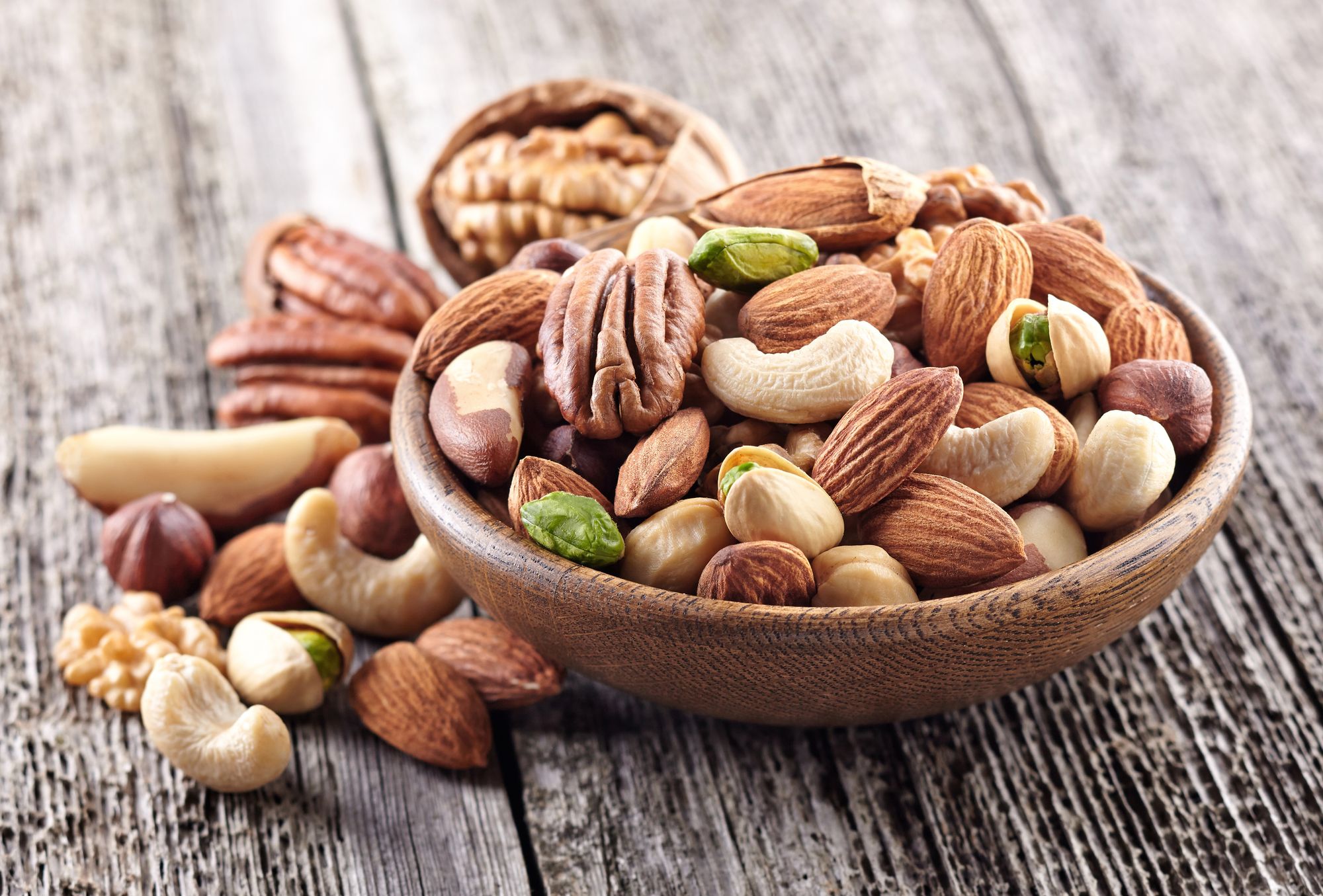
Nuts, such as almonds, are nutrient-dense and contain healthy fats and protein, making them a satisfying and supportive snack for fat loss goals. Despite concerns about their calorie and fat content, studies have shown that regular nut consumption is associated with better weight management and less weight gain over time. Certain nuts, like almonds, are rich in nutrients like magnesium and vitamin E, contributing to overall health.
12) Greek Yogurt:
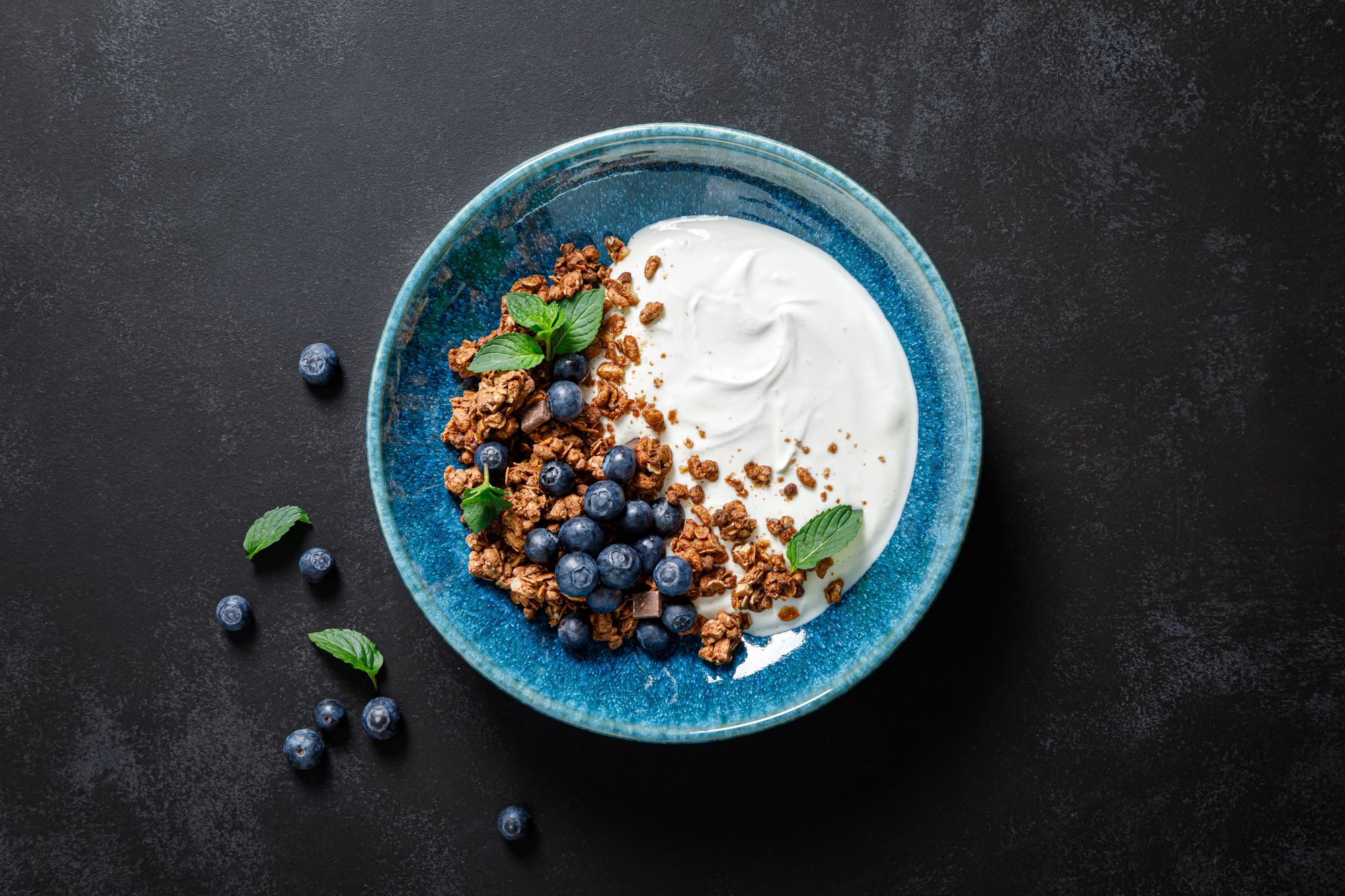
Greek yogurt is a high-protein, low-fat dairy product that can boost metabolism and reduce overall calorie consumption when included in a balanced diet. Research suggests that consuming yogurt can lower body weight, reduce waist circumference, and lessen body fat. Probiotics present in yogurt may positively impact gut health, influencing weight regulation. A healthy gut microbiome has been linked to decreases in BMI and overall fat mass.
13) Grapefruit:
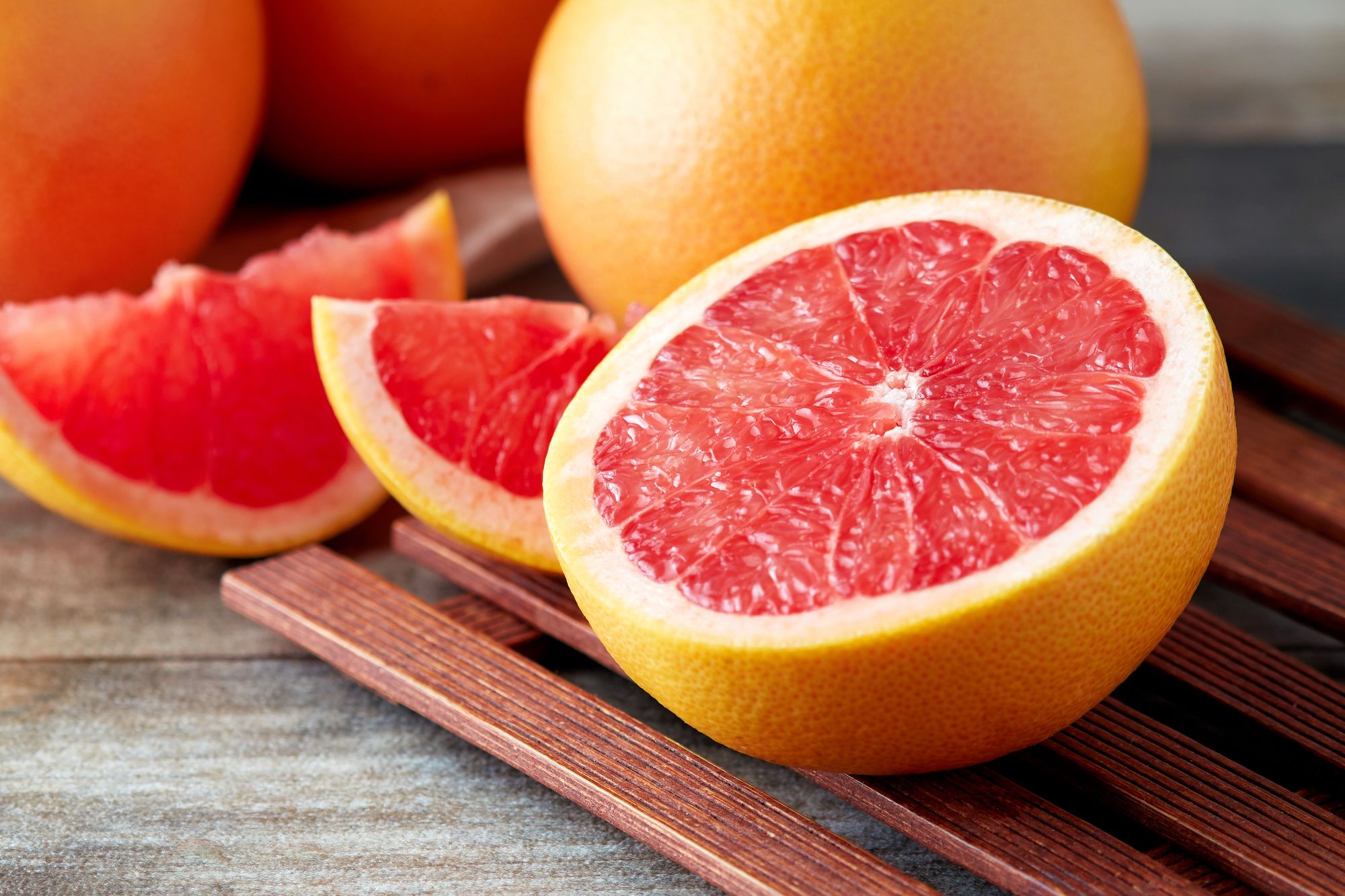
Grapefruit consumption, particularly before meals, has been suggested to lead to modest weight loss. This effect is thought to be related to its ability to reduce appetite and calorie intake. A study found that participants who consumed grapefruit daily for six weeks experienced a reduction in waistline measurements. Fruit and vegetables, in general, are considered effective fat-burning foods. Phytochemicals found in fruits and vegetables have been linked to obesity management and metabolic regulation.
14) Tomatoes
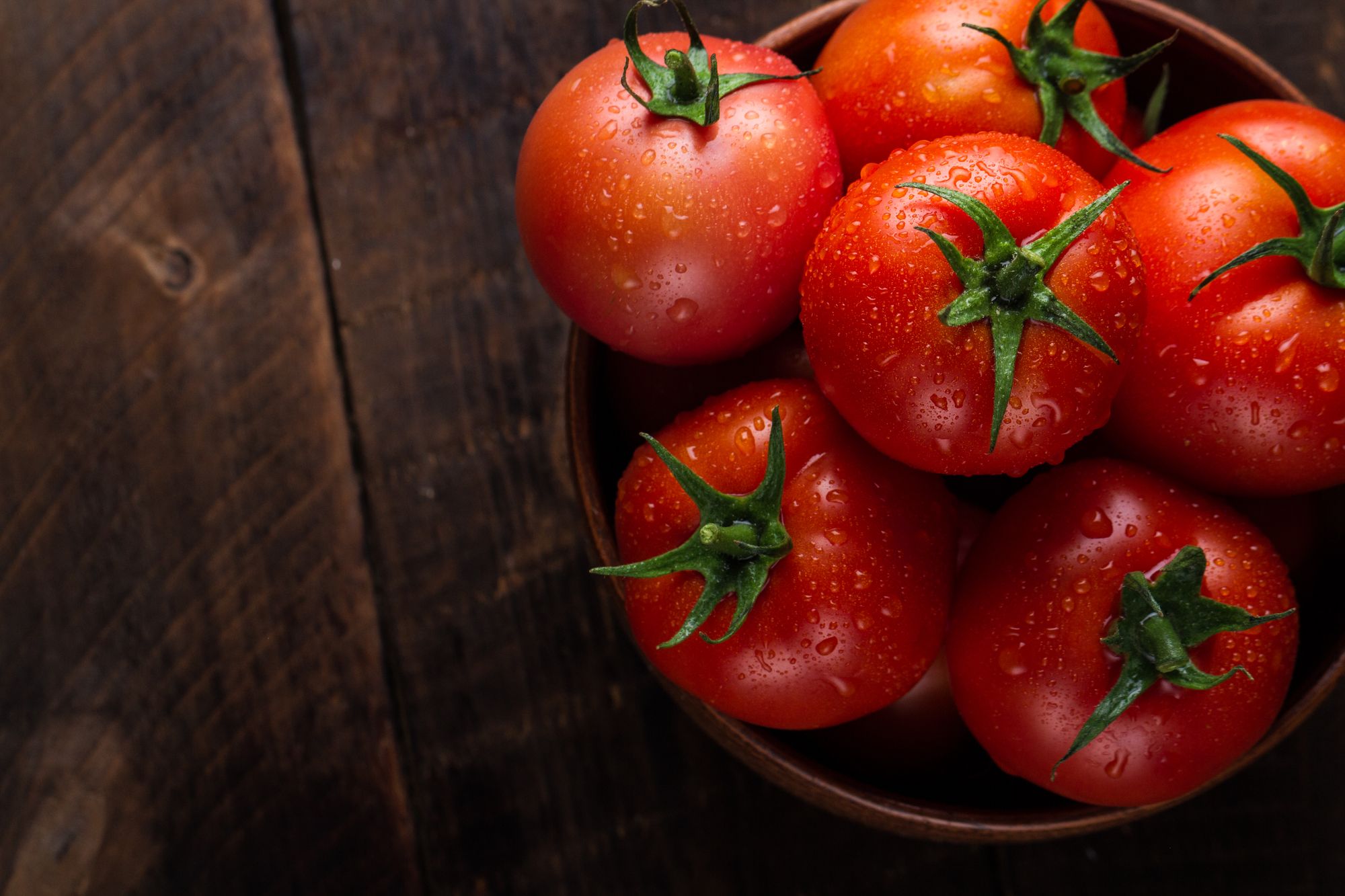
Tomatoes contain a compound called 9-oxo-ODA, which is associated with fat burning. Additionally, tomatoes are rich in compounds like beta-carotene, lycopene, and lutein, which are linked to reduced visceral fat. These compounds have shown potential in aiding fat loss and improving overall health.
15) Quinoa:
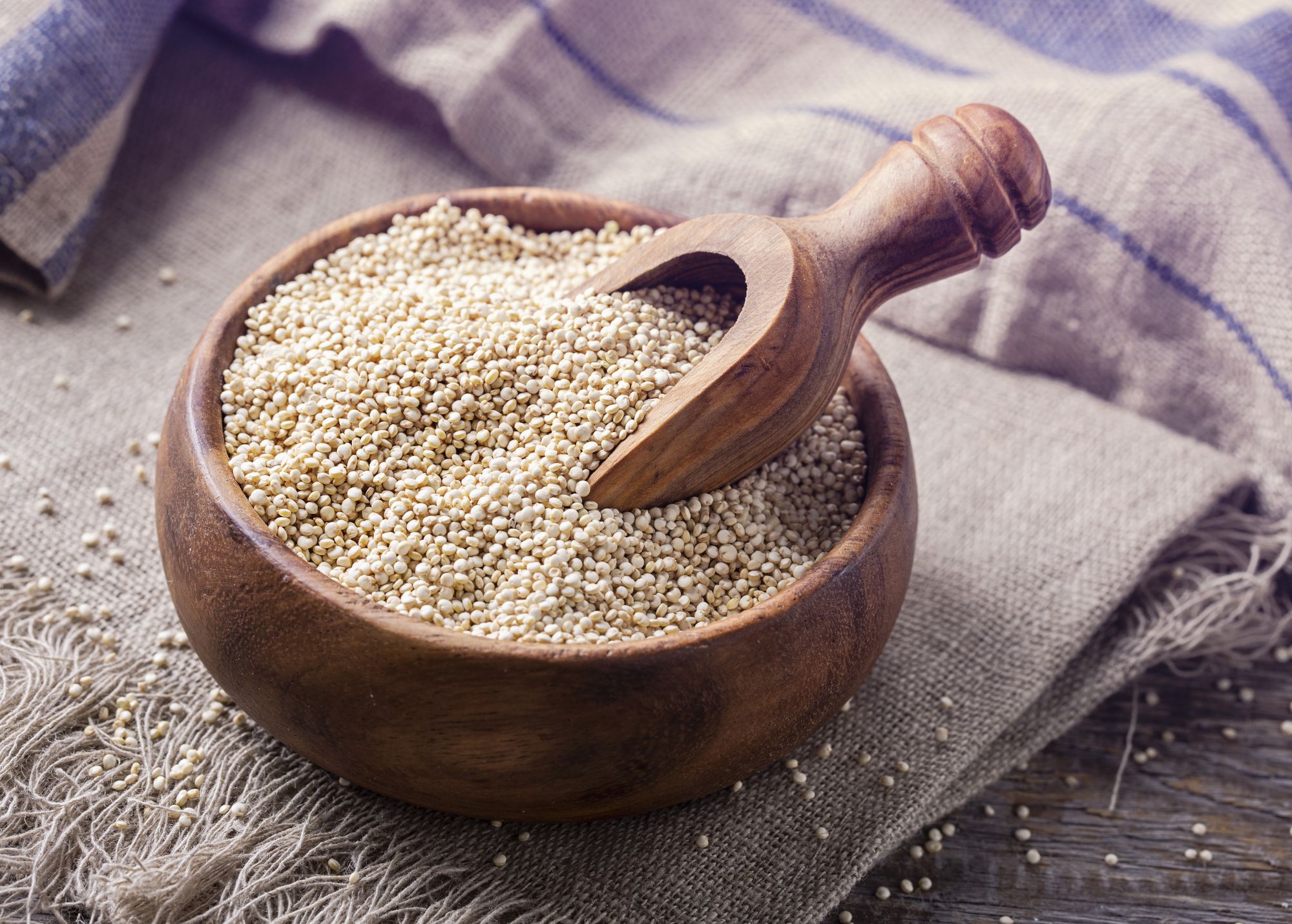
Quinoa is a whole grain that can replace rice and provide numerous fat loss benefits. It offers a combination of fiber and protein, which are essential for fat burning. Research has suggested that incorporating plant proteins like quinoa into your diet can lower the risk of metabolic syndrome, a condition that includes factors like obesity. A study on mice also found that eating quinoa was associated with a reduced risk of obesity.
16) Pork Tenderloin:
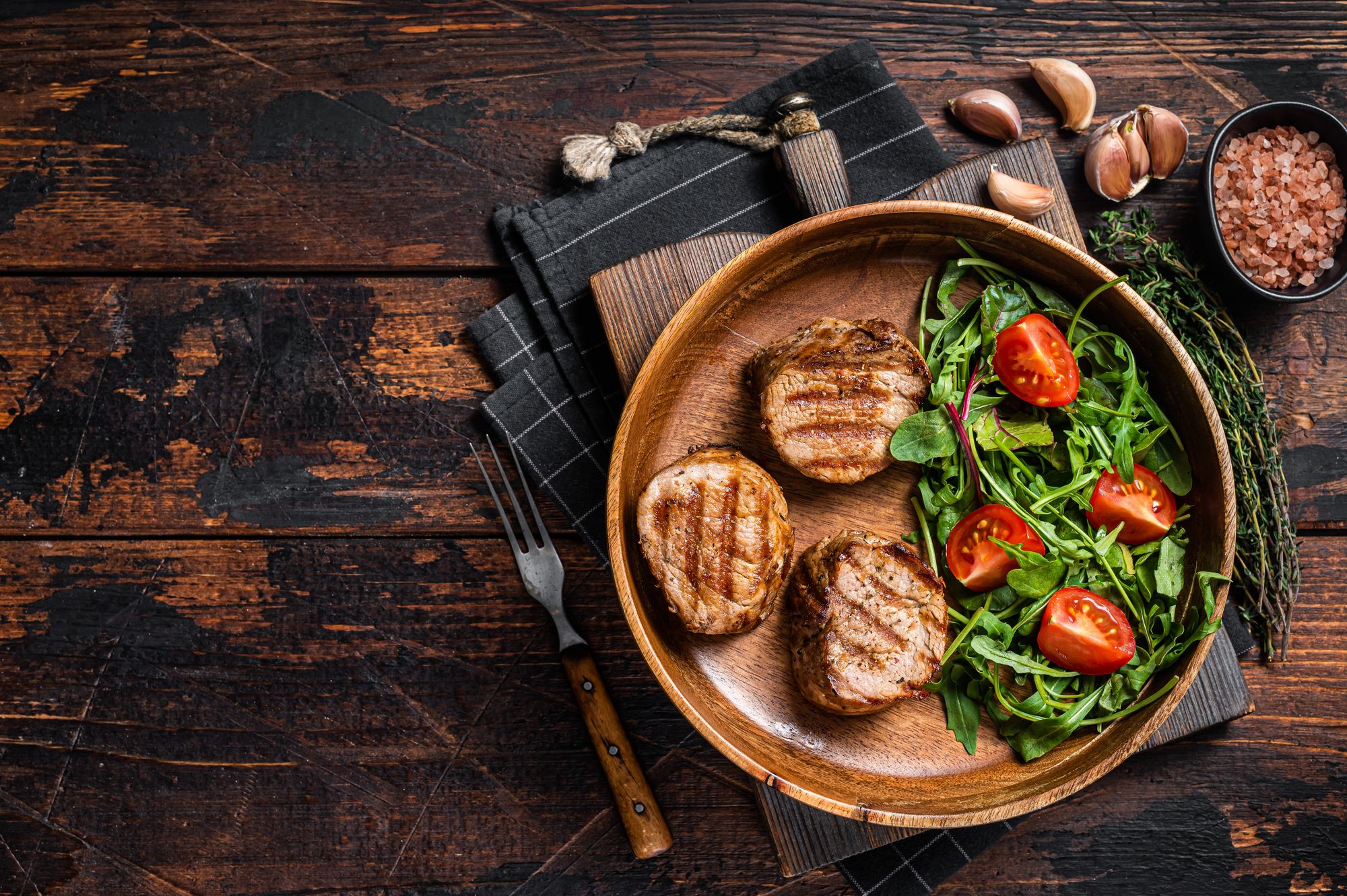
While pork is often considered fattier than other meats, certain cuts like pork tenderloin are lean and protein-rich. Pork tenderloin contains approximately 22 grams of protein and less than three grams of fat per serving. A study found that substituting beef and chicken with pork led to a decrease in body fat percentage and waist size, making it a viable option for fat loss.
17) Coconut Oil:
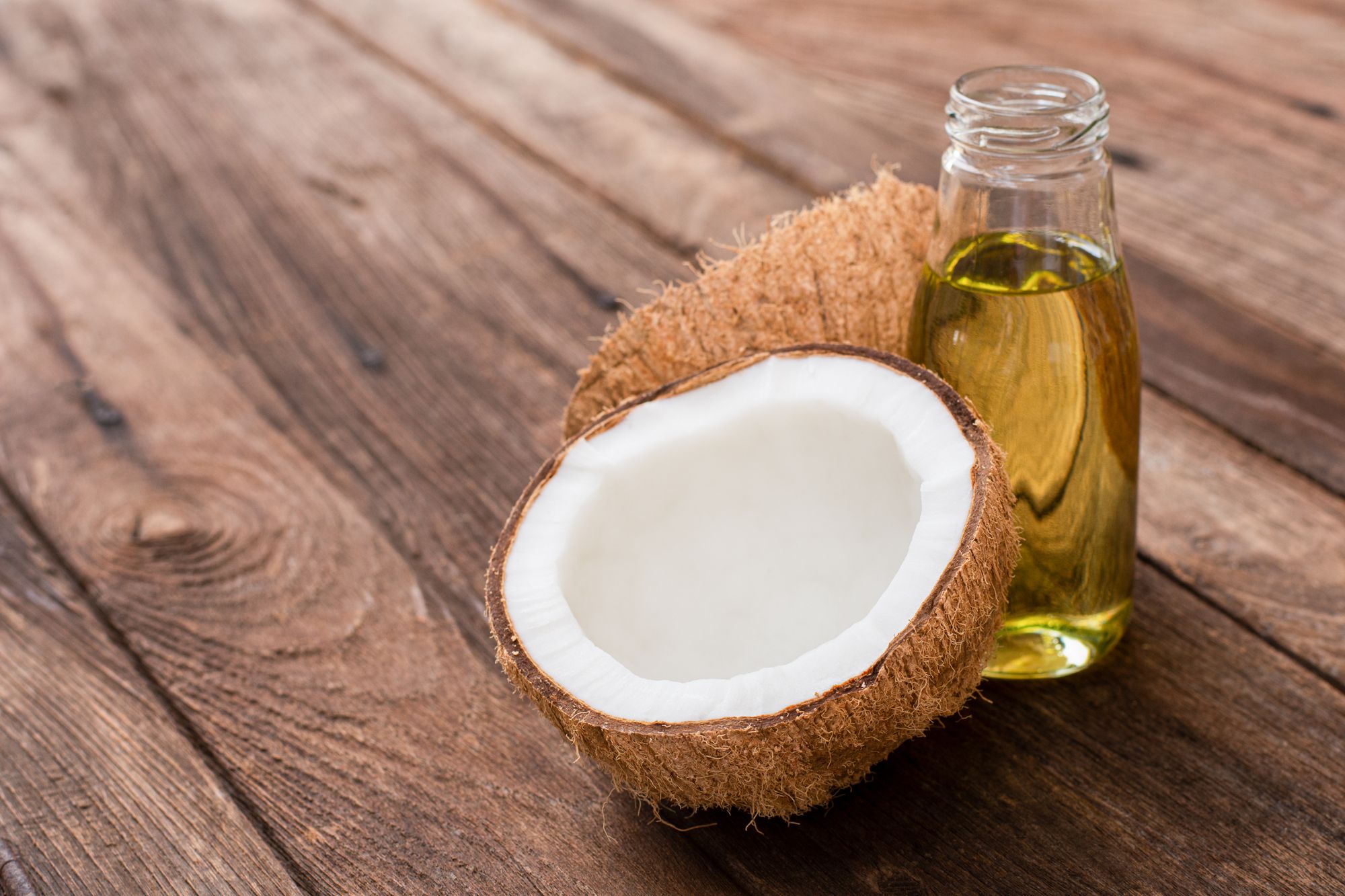
Despite being a saturated fat, coconut oil has demonstrated the ability to aid in overall body fat reduction. Research suggests that daily consumption of coconut oil can lead to a decrease in waist size and greater weight loss. Studies have shown that coconut oil may help obese individuals with weight loss and metabolic parameters associated with obesity, such as high cholesterol.
18) Almonds:
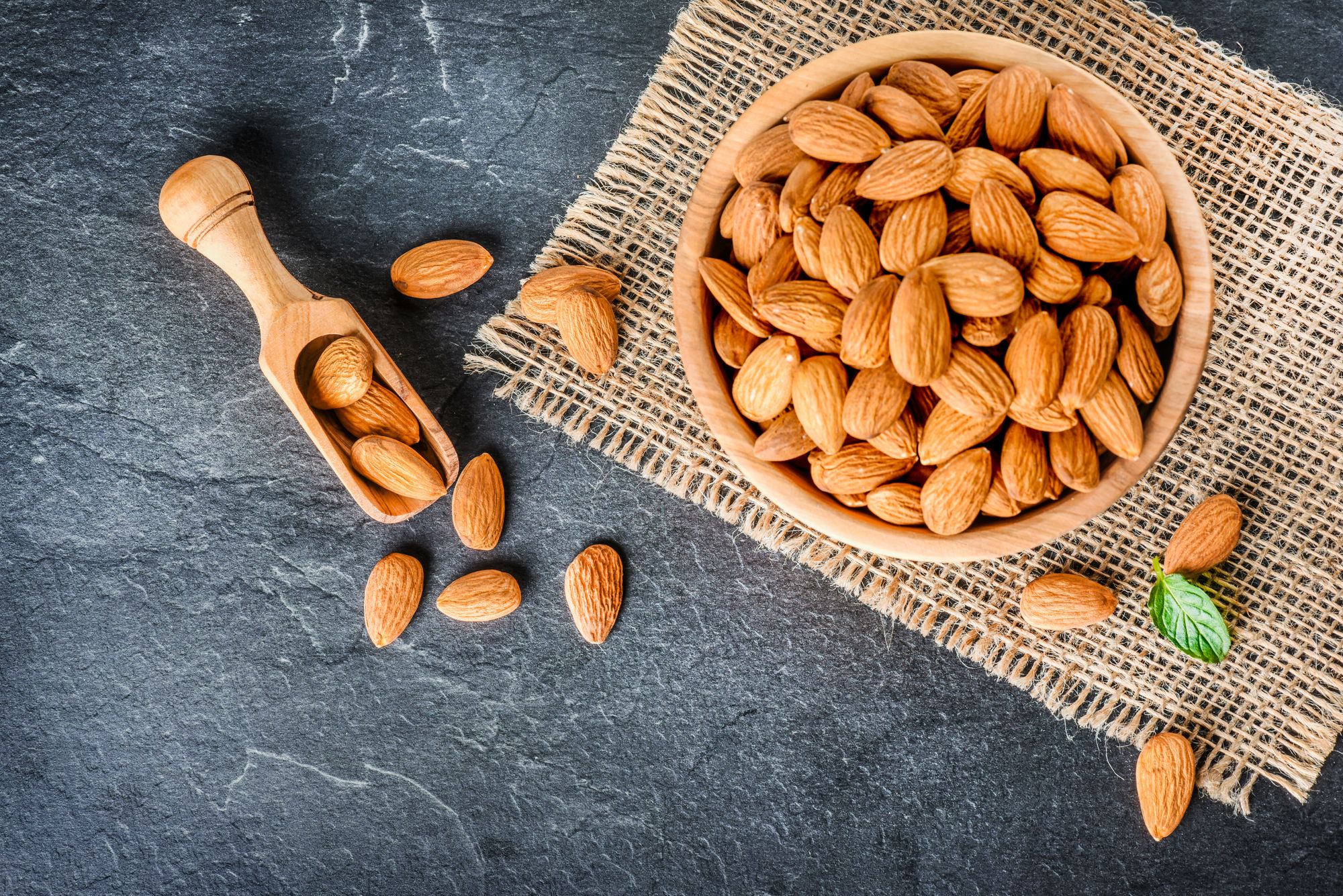
Almonds, in particular, have been associated with fat loss. Studies have found that regular almond consumption is linked to a decrease in body fat mass and total fat mass. These nuts, rich in protein and healthy fats, can be a valuable addition to a fat-burning diet.
19) Tuna:
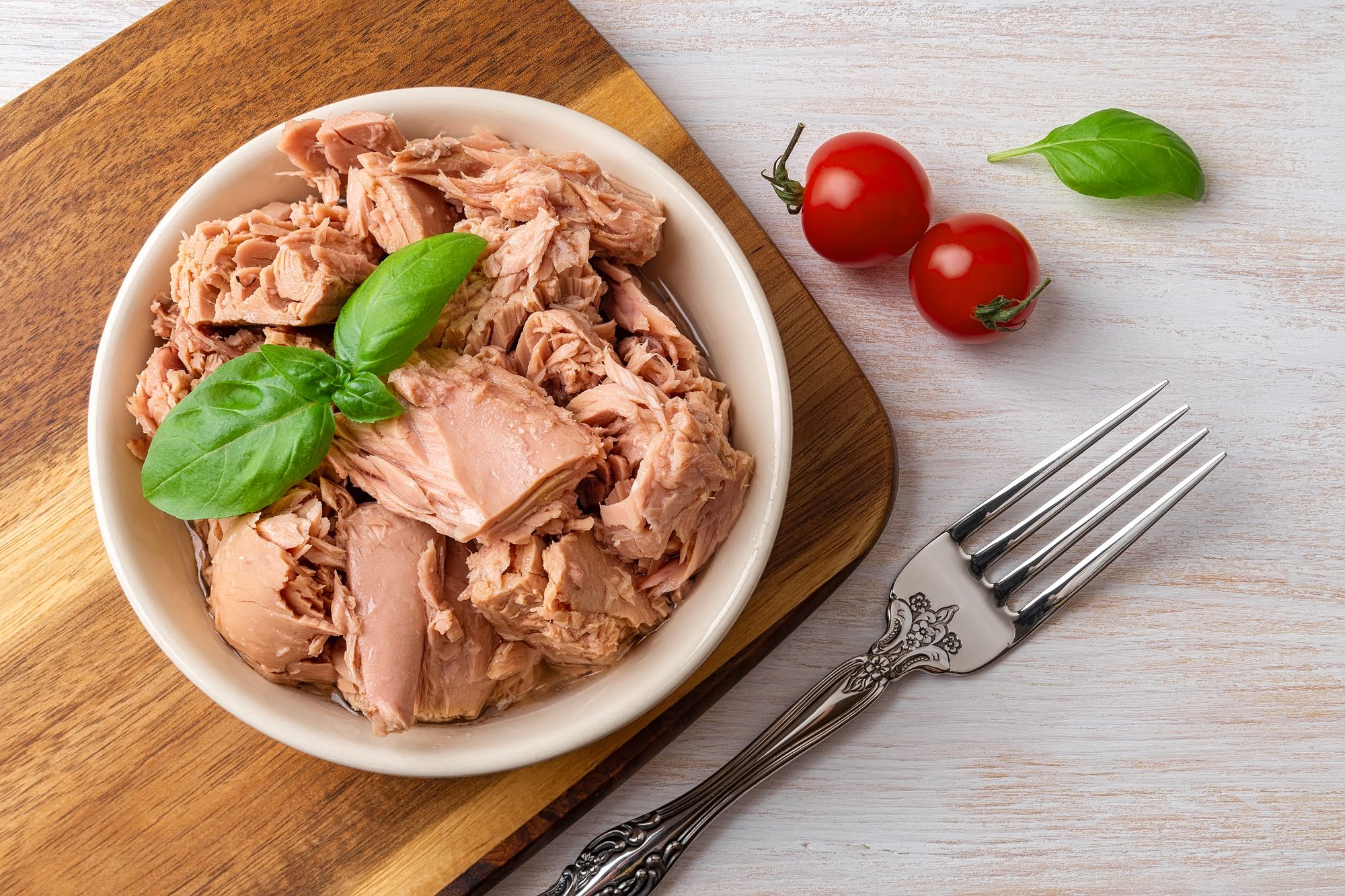
Tuna is a convenient and affordable source of omega-3 fatty acids, which have anti-inflammatory properties and can aid in fat loss. Omega-3 supplementation has been associated with reduced levels of abdominal fat and a decreased risk of obesity when incorporated into a healthy lifestyle. Tuna is also high in protein and healthy fats, making it a valuable fat-burning food.
20) Spinach:
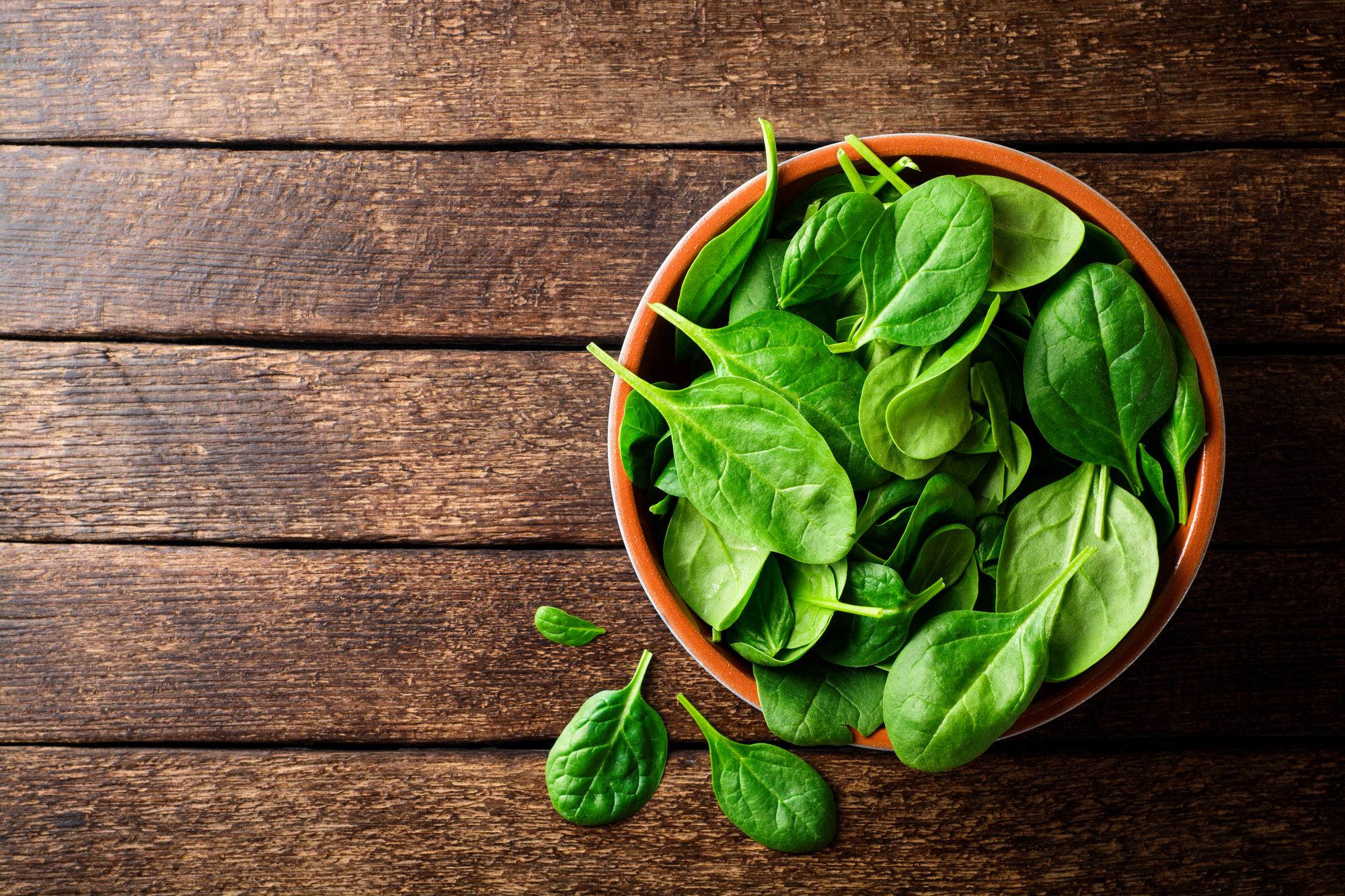
Spinach is a nutrient-dense superfood rich in vitamins and antioxidants. It can aid in fat loss as part of a healthy diet. Spinach contains plant membranes called thylakoids, which hold chlorophyll. Research has indicated that consuming spinach extracts containing thylakoids can reduce hunger and improve feelings of satiety, supporting weight loss or weight management. Another study suggested that specific spinach-derived thylakoids resulted in decreased weight, waist circumference, and fat mass.
21) Whey Protein Powder: A Fat-Burning Powerhouse

Whey protein powder isn't just an ingredient for your smoothie or protein shake; it can be your ally in the battle against excess fat. This versatile protein source has several fat-burning benefits that you'll want to take advantage of.
To begin with, whey protein has the remarkable ability to stimulate fullness hormones in the body, which can help reduce overeating—a significant factor in weight management. Additionally, whey protein powder has shown promise in preventing obesity and enhancing thermogenesis, the process that revs up your metabolism and aids in fat burning.
Furthermore, the high protein content in whey protein powder plays a crucial role in promoting fat loss. A single serving of regular whey protein powder provides approximately 25 grams of protein, making it an excellent choice for those aiming to shed unwanted pounds.
22) Cottage Cheese: A Delicious Path to Fat Reduction

Cottage cheese is more than just a creamy addition to your homemade ice cream; it can be a secret weapon in your quest to burn fat efficiently. Packed with protein and low in calorie-dense fat, cottage cheese offers a host of benefits for your weight management goals.
Studies have demonstrated that incorporating more high-protein foods, including cottage cheese, into your diet can lead to significant weight loss and a reduction in waist circumference. Additionally, cottage cheese is a dairy product, meaning it is rich in calcium, a mineral that has been linked to weight loss and fat burning in research published in the International Journal of Molecular Sciences.
23) Extra Virgin Olive Oil: Liquid Gold for Fat-Burning
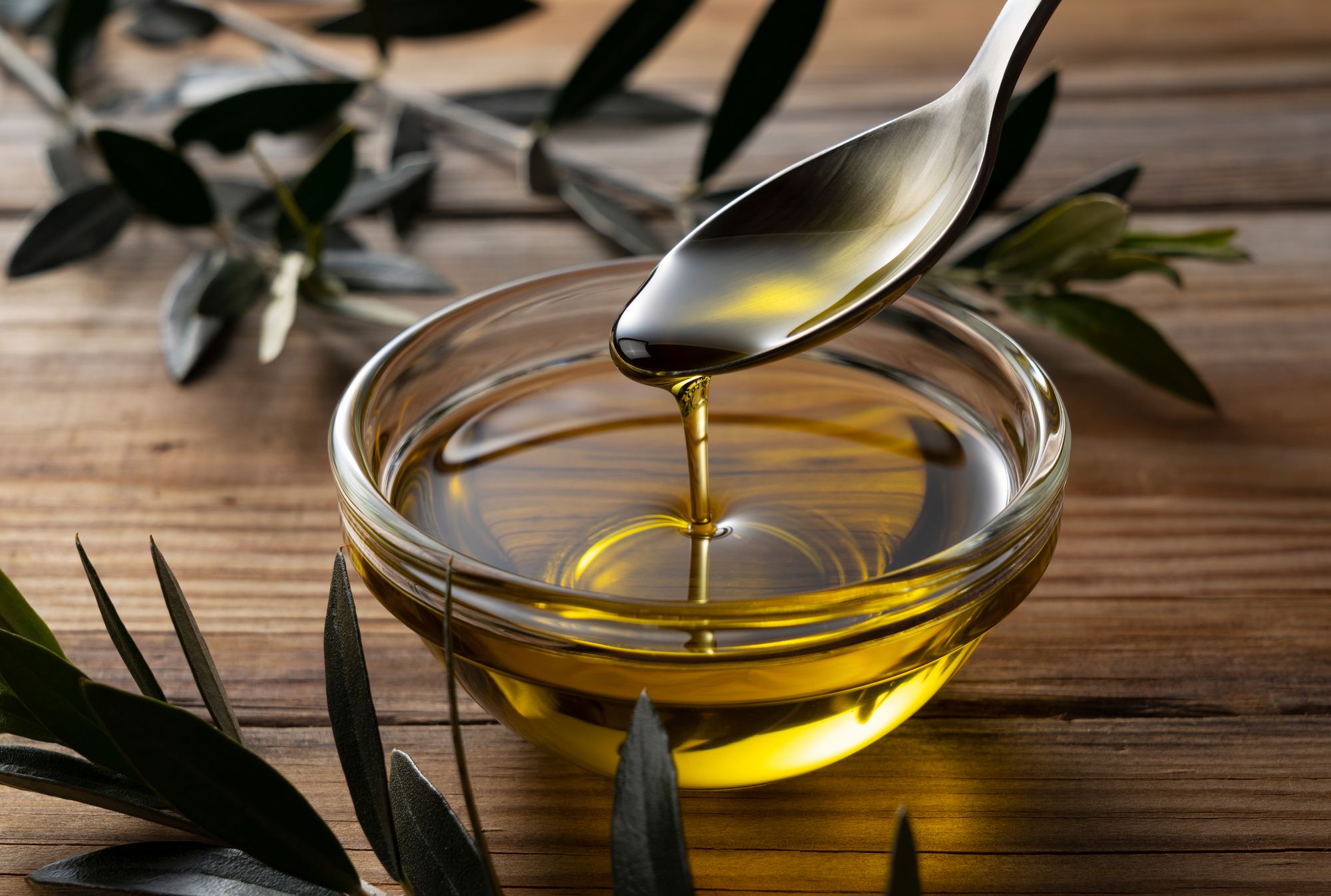
Extra virgin olive oil (EVOO) is renowned for its numerous health benefits, such as reducing the risk of heart disease, extending lifespan, and lowering cholesterol levels. Unsurprisingly, EVOO also plays a role in aiding fat loss.
A study published in the European Journal of Nutrition investigated the effects of EVOO on women with "excess body weight" over a nine-week period. The results were impressive, as those who consumed olive oil experienced a reduction in body fat mass and a decrease in blood pressure levels. So, don't hesitate to incorporate this fat-burning food into your salads or as a base for your culinary creations.
24) Broccoli: The Green Guardian of Fat Loss
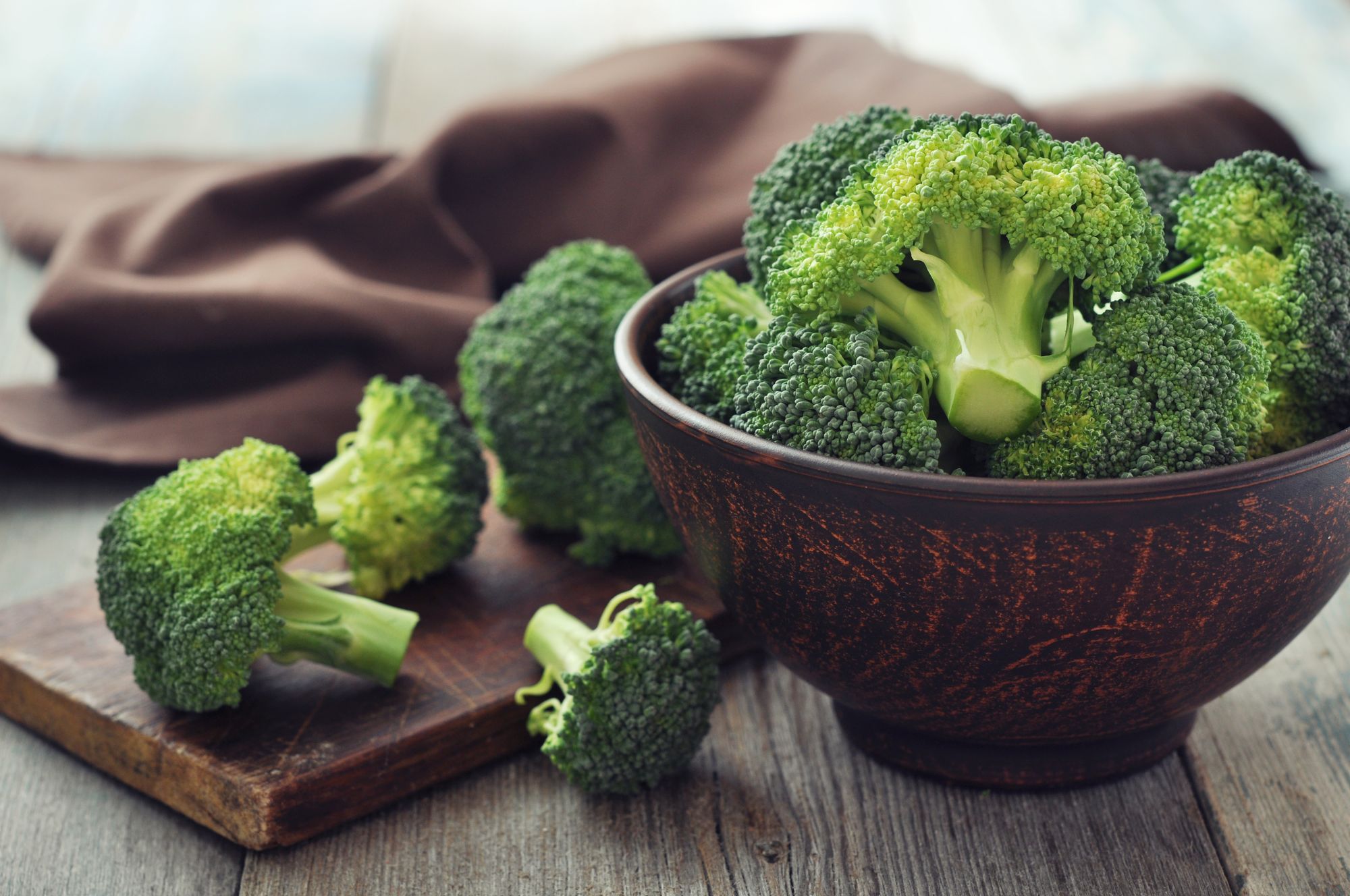
Broccoli may not be everyone's favorite vegetable, but if you're looking to enhance your fat-burning potential, consider making it a regular part of your diet. Not only does broccoli provide a healthy dose of fiber, which aids in satiety and supports gut health, but it also boasts a specific plant compound known as sulforaphane.
Sulforaphane, also found in other cruciferous vegetables like bok choy and Brussels sprouts, has shown promise in improving heart health and protecting against cardiovascular disease. Recent animal studies even suggest that sulforaphane may contribute to weight loss and fat reduction. In a 2022 study published in eLife, mice treated with sulforaphane experienced a significant reduction in fat mass. While more research is needed to confirm these effects in humans, it's a compelling reason to include more broccoli in your diet.
25) Plums: Beyond Prunes, a Weight-Loss Aid
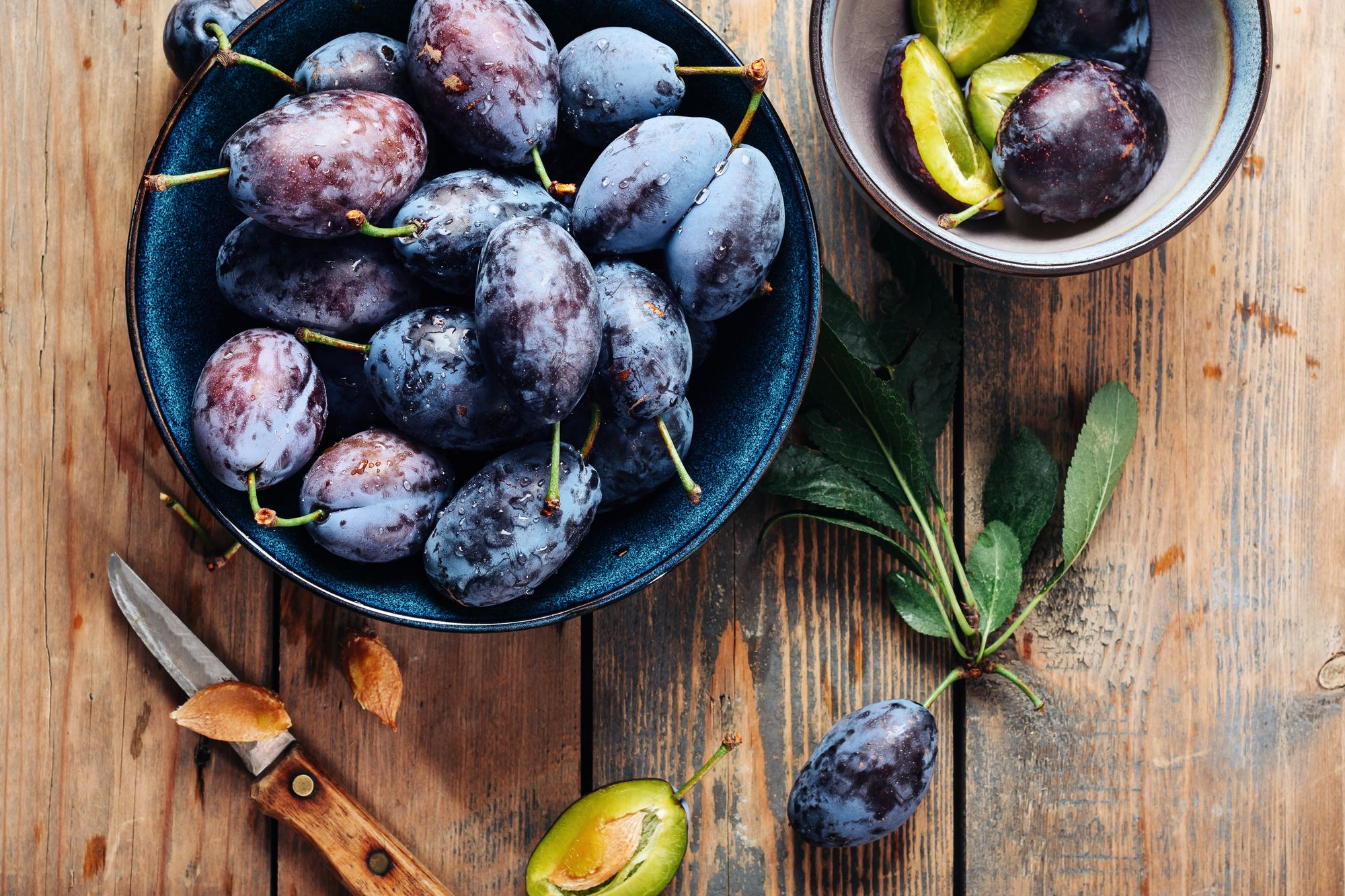
Plums are often associated with prunes and their digestive benefits, but these fruits offer much more when it comes to your overall health, particularly in the realm of weight management. Plums are rich in a flavonoid called anthocyanins, which give them their vibrant red color.
Anthocyanins are known for their ability to combat neurodegenerative and cardiovascular diseases, but research also suggests they may assist in weight loss and reducing body fat storage. According to a study published in Oxidative Medicine and Cellular Longevity, anthocyanins can play a role in weight loss and reducing adipose tissue, commonly known as body fat. So, don't underestimate the potential of plums as a tasty addition to your diet when pursuing your weight-loss goals.

